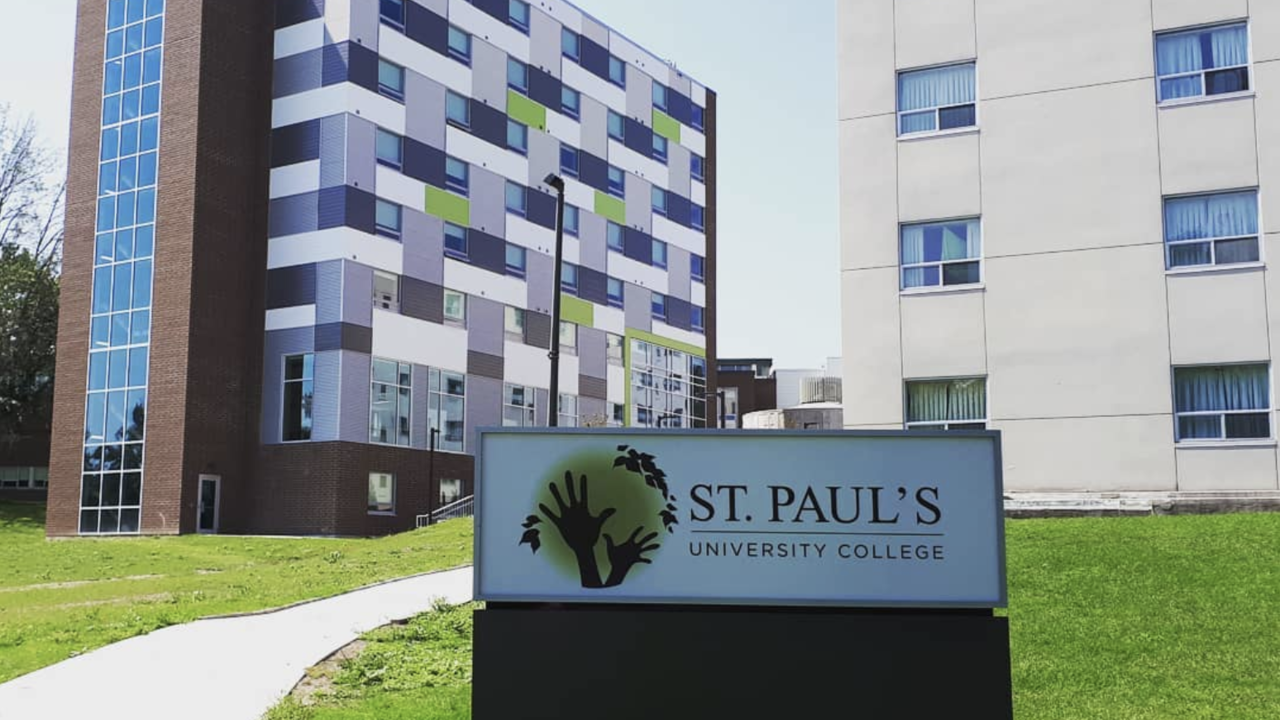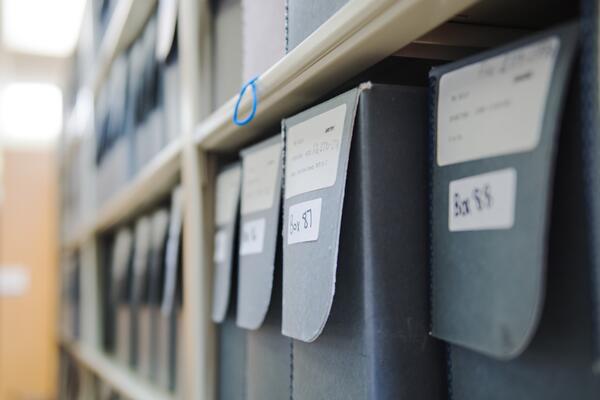
Waterloo’s St. Paul's University College to change its name
The institution will as of this fall be called United College

The institution will as of this fall be called United College
By Media RelationsSt. Paul's University College will change its name this fall to United College.
Founded by the United Church as St. Paul's United College in 1962, the college and the church agreed to end their affiliation two decades ago. At that point, the institution became St. Paul's University College.
According to Principal Richard Myers, the decision to now transition to "United College" positions the institution well for its 21st-century mission. "It's a beautiful name that speaks to the inclusive values of today's College while still honouring those responsible for its founding and early development."
The St. Paul's University College Board of Governors approved the name change during its meeting on June 16. The decision followed 12 months of discussion and consultation with key stakeholder groups. The proposal was adopted unanimously, with the name change set to be formalized on September 24 as part of the launch of an institutional re-branding.
St. Paul's is a not-for-profit, small teaching and living environment within the University of Waterloo and is located on its main campus. St. Paul's serves the Waterloo community through teaching and delivering support for Waterloo courses and providing residence to students of all Faculties. The institution also supports students in pursuing and launching new ideas for social or environmental change through the social impact incubator, GreenHouse. It also facilitates the sharing of Indigenous knowledge via the Waterloo Indigenous Student Centre.

Read more
How Doug Kavanagh’s software engineering degree laid the foundation for a thriving career in patient care

Read more
Upside Robotics secures new funding to accelerate the future of sustainable farming

Read more
Discover the meticulous work that uncovered Black stories on campus and preserved them for the future
The University of Waterloo acknowledges that much of our work takes place on the traditional territory of the Neutral, Anishinaabeg, and Haudenosaunee peoples. Our main campus is situated on the Haldimand Tract, the land granted to the Six Nations that includes six miles on each side of the Grand River. Our active work toward reconciliation takes place across our campuses through research, learning, teaching, and community building, and is co-ordinated within the Office of Indigenous Relations.